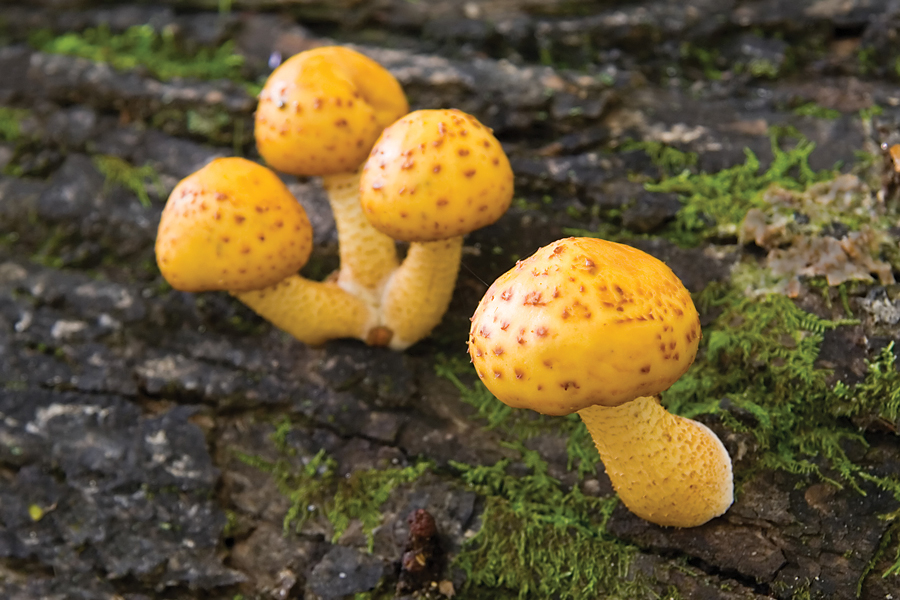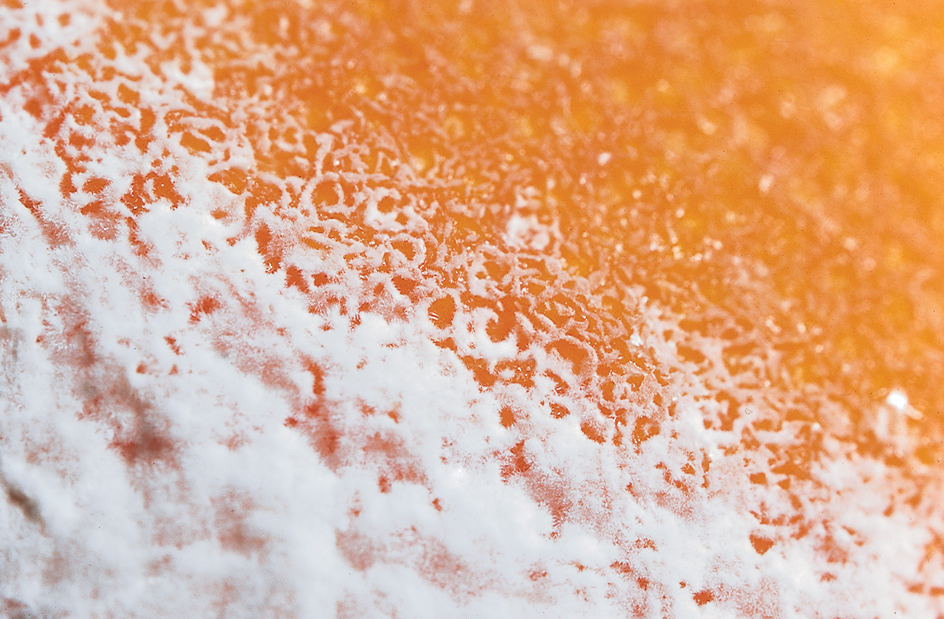Decomposer, in an ecosystem, is an organism that breaks down organic (carbon-containing) material. An ecosystem is made up of all the living and nonliving things in a particular environment and the interactions that occur among them. Bacteria and fungi are examples of decomposers.

Decomposers cannot make their own food. Ecologists recognize them as a kind of consumer . Consumers must feed on other organisms to obtain the energy and nutrients they require. Ecologists call decomposers and all other consumers heterotrophs.

Decomposers typically feed on nonliving organic material. They secrete enzymes, molecules that speed up chemical reactions. The enzymes break down rotting vegetation, dead animals, and organic wastes into simple nutrients. The nutrients are then absorbed by the decomposers. In turn, the decomposers can become food for other consumers. In Australia, for example, fungi that grow underground are eaten by a small mammal called the woylie.
Decomposers play an essential role in cycling important nutrients such as nitrogen and carbon through an ecosystem. They rapidly move these nutrients from the biotic (living) to the abiotic (nonliving) parts of the ecosystem. Once the nutrients are returned to the abiotic environment, they become available again to organisms called producers . On land, producers consist mainly of green plants, such as grasses and trees, which make their own food by the process of photosynthesis . In turn, producers serve as food for consumers in the ecosystem, and the cycle continues. Without decomposers, there would be no recycling of the nutrients needed for making new organic matter. The ecosystem would eventually run out of nutrients and break down.
